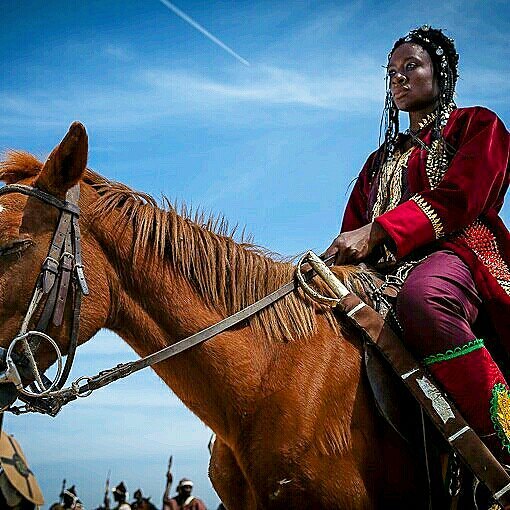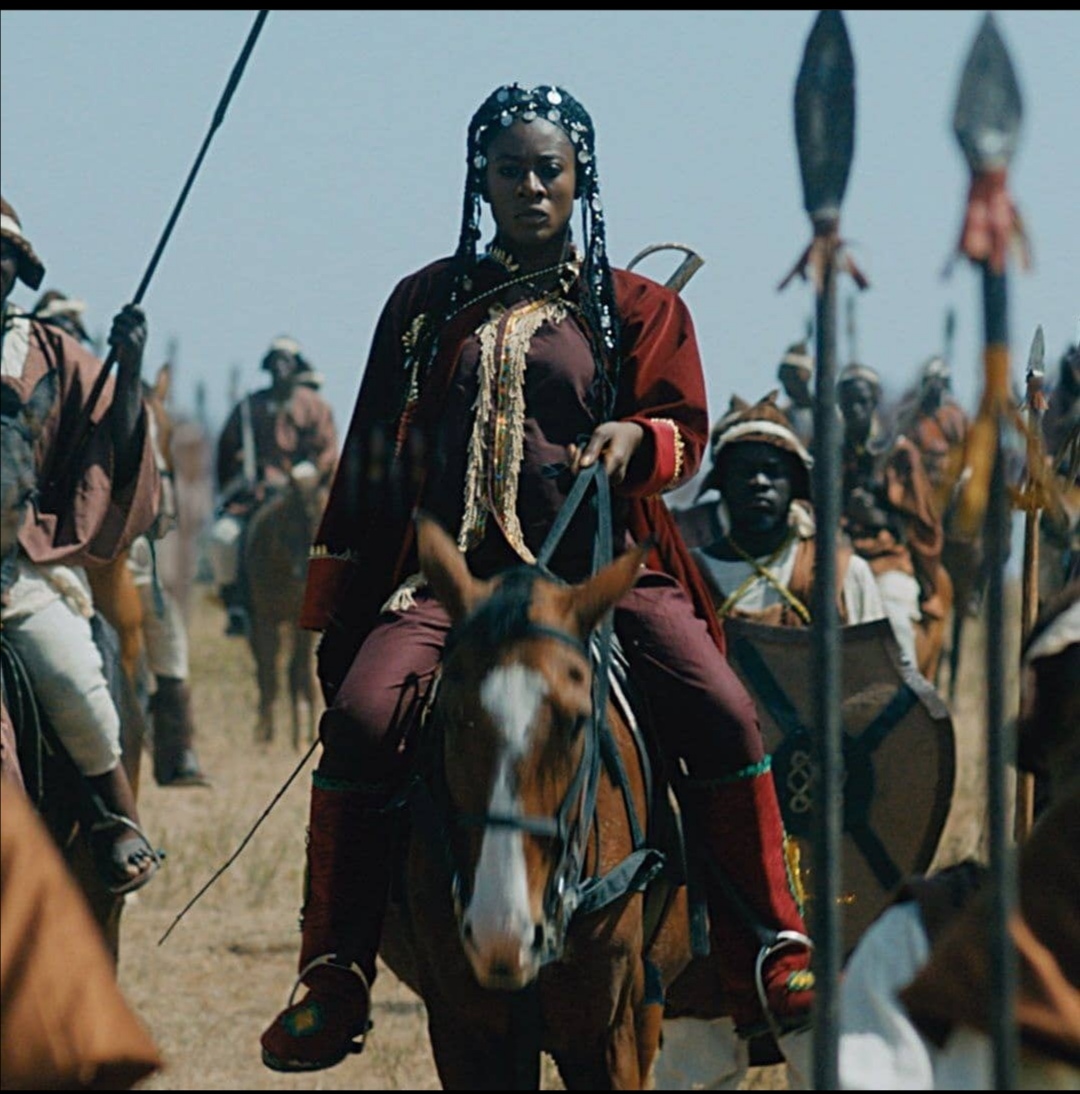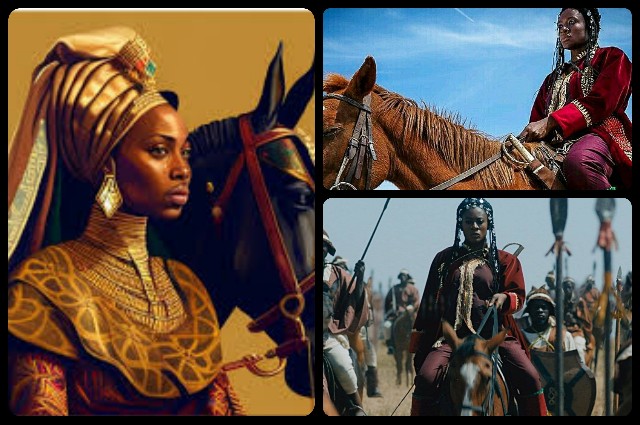It has been a challenging endeavor to uncover the history of women. The lack of information, particularly in written form, has been so severe that some of the most notable women throughout history have been mistaken for men, and their accomplishments erroneously credited to male leaders.
Throughout African history, women have continually striven for excellence in their various roles as mothers, wives, partners, educators, and laborers. They have executed these roles with utmost diligence and devotion, forming the foundation of many flourishing societies. Indeed, women are the very substance that underpins a successful society.
Regrettably, women’s contributions to nation-building have been unfairly overlooked by history. Decades of gender bias, neglect, and marginalization have resulted in the undervaluing of women’s accomplishments and their vital role in shaping past events. However, the cycle of life cannot exist without women, and their involvement is essential for full societal rotation.

Historians have debated the achievements and records of the Legendary Queen Amina of Zazzau, also known as modern-day Zaria. These debates often center around whether she actually existed in historical records. Amina was the firstborn daughter of Queen Bakwa Turunku, who founded the Zazzau Kingdom in 1536.
She ascended to power between 1588 and 1589 A.D. Unlike her sister Zariya, who the city of Zaria is named after, Amina is renowned for her f*erce military exploits. She won many wars and expanded her reign southward to the Great River Niger, including Idah and Nupe Land, and up to Kano in the north. Zazzua, her birthplace, was among several Hausa city-states that dominated the trans-Saharan trade following the collapse of the Songhai Empire to the west.

Amina, known for her exceptional military strategy, constructed fortified camps during her campaigns and is credited with building the renowned Zaria wall. She is remembered today, some with fondness and others with less enthusiasm, as Amina, Tar Bakwa ta san rana, meaning Amina, daughter of Bakwa, a woman as capable as a man.
Upon Bakwa’s death in 1566, the crown of Zazzau went to Amina’s younger brother, Karama. Their sister Zaria fled the region, and little is known about her.
Despite Bakwa’s peaceful and prosperous reign, Amina chose to refine her military abilities by learning from Zazzau’s warriors. Thus, she ultimately became the leader of the Zazzua cavalry, earning her numerous accolades, great wealth, and increased power through her military successes.
When Amina was a child, her grandmother, Marka, the favorite wife of Sarkin Nohir, her grandfather, once caught her holding a dagger. Marka was not surprised that Amina was holding the dagger; rather, she was amazed by how precisely Amina held it, in the exact way a warrior would.

After her brother Karama ruled for ten years and passed away, Amina had become a formidable warrior and earned the admiration of the Zazzau military. Subsequently, she became the ruler of the kingdom.
Shortly after her rise to power, Amina led her first military campaign. Throughout her 34-year reign, she continued to wage wars and expand her kingdom, enabling it to become the most powerful in history. Her objective in initiating these battles was to make neighboring rulers her vassals, and to permit her traders’ safe passage, thereby increasing her kingdom’s wealth and power through gold, slaves, and new crops. Her people were skilled metalworkers, and she introduced metal armor, such as iron helmets and chain mail, to her army.

Some historical records argue that while she was never officially called a queen, Amina was a strong-willed and practical-minded princess.
The earliest recorded mention of Amina appears in Muhammed Bello’s Ifaq al-Maysur, dated around 1836. According to this account, she was the first to establish government among her people and enforced tribute payments from regions such as Katsina and Kano. However, no precise information regarding her timeline is provided. Another source, the Kano Chronicle, composed in the late 19th century, also references Amina and incorporates earlier documentation.
Despite her greatness, Amina refused to submit to anyone and remained unmarried. Rumors suggest that after each battle, she took a lover from the captured cities and had them killed the following morning. Accounts of her death vary. One version portrays her dying during a military campaign near Bida in 1633, while others describe her encounter with a wealthy Arabian prince who sought her out for her fame. The prince spent a night with her, but before she could execute him the next morning for seeing her n*ked, he fled into the desert. Amina supposedly went insane, unable to bear the fact that someone had seen her n*ked and lived to tell the tale. She ultimately took her own life due to the shame of the incident becoming public.
Whichever version of events is true, it is undeniable that Amina was a formidable conqueror whose legacy endures to this day in the ancient town of Zaria and among the seven original Hausa states. Her exploits embody the spirit of modern feminism by providing women with the opportunity to achieve their aspirations and ambitions.
